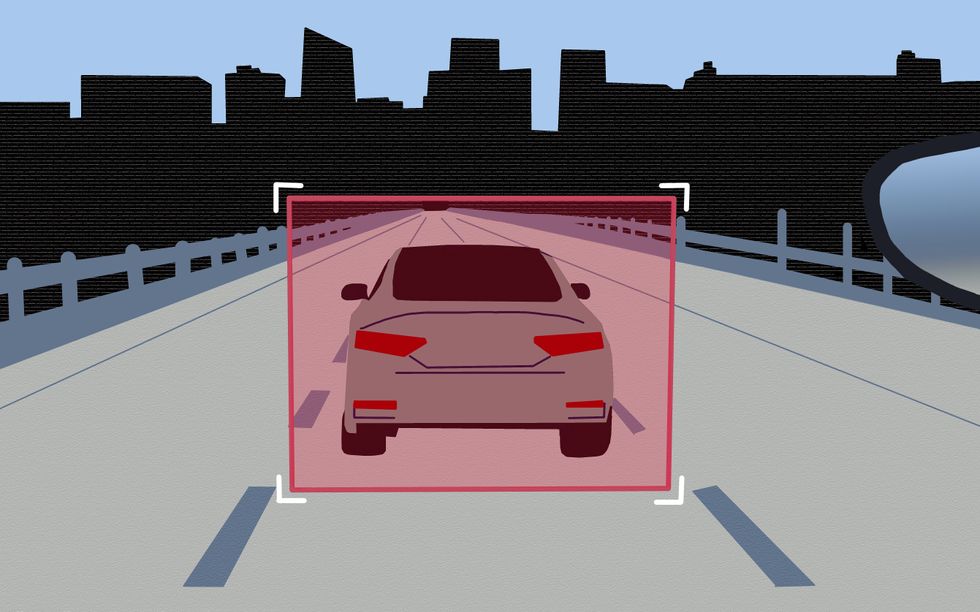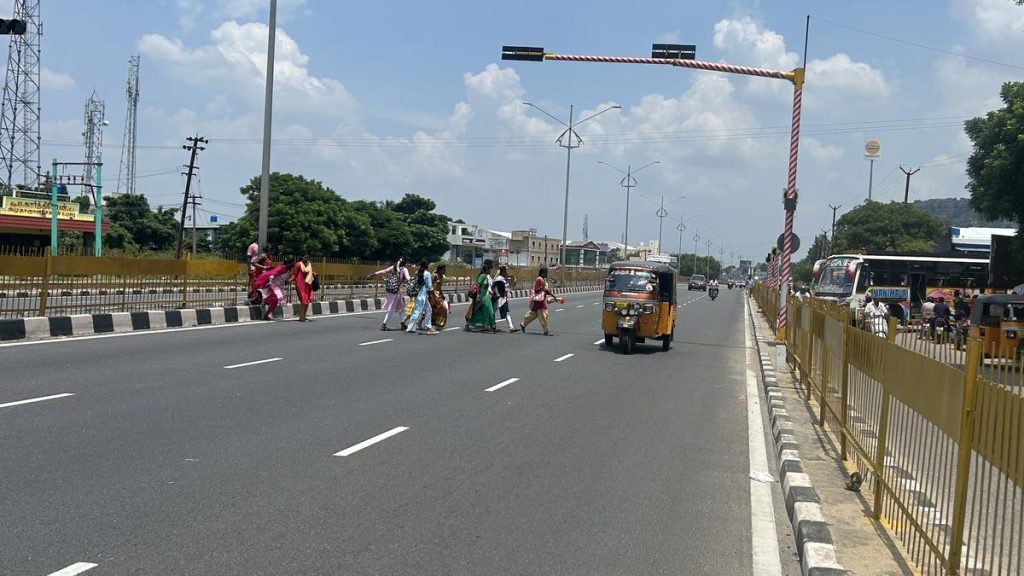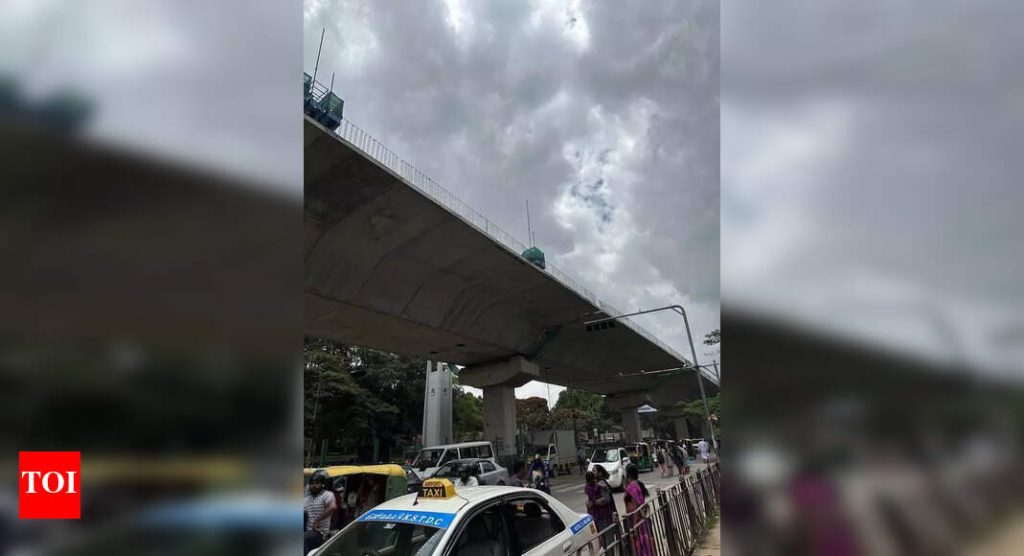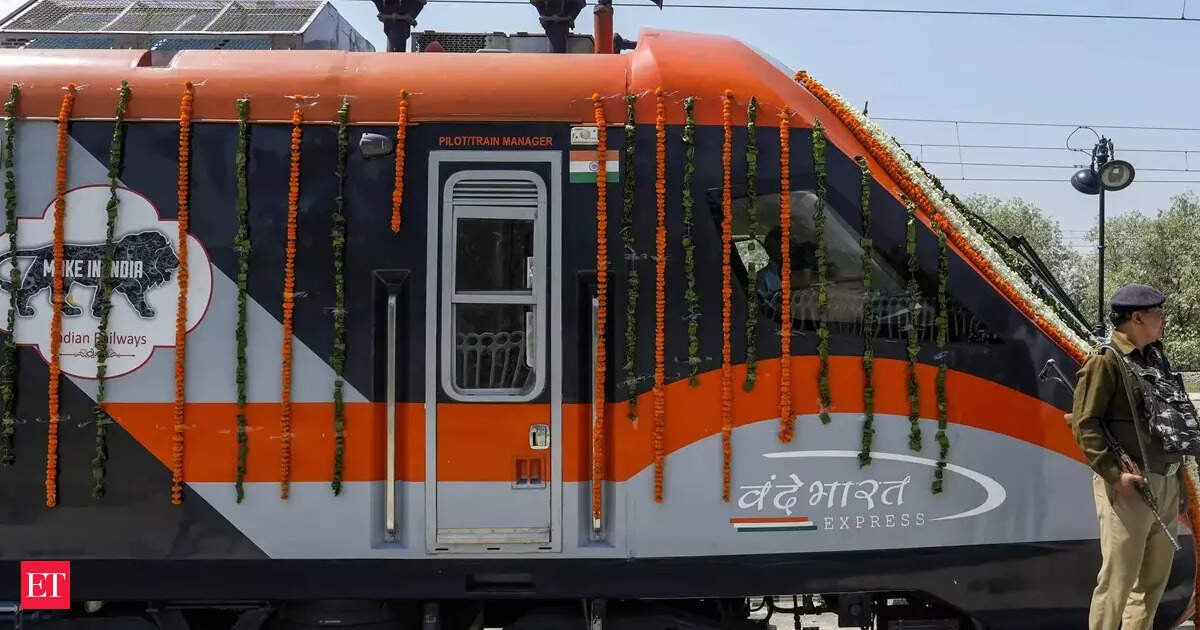Now Reading: How Nauto’s AI Dashcam Enhances Road Safety and Cuts Accidents
-
01
How Nauto’s AI Dashcam Enhances Road Safety and Cuts Accidents
How Nauto’s AI Dashcam Enhances Road Safety and Cuts Accidents

Speedy Summary
- Nauto, a Palo Alto-based company, has developed an AI-enabled dashcam to mitigate driver risk and prevent trucking accidents.
- The system employs convolutional neural networks and “edge” AI to process data from cameras and on-board vehicle diagnostics in real-time.
- It detects risky behaviors such as distracted driving, rolling stops, tailgating, and drowsiness indicators (e.g., microsleeps, yawning). Alerts are issued when corrective actions are possible to avoid “alert fatigue.”
- A controlled study at virginia Tech Transportation Institute showed high detection accuracy: 100% for handheld calls/texts/safety violations and 95% for rolling stops. Tailgating alerts improved after system adjustments during testing.
- The dashcam provides immediate feedback primarily to the driver but escalates alerts to supervisors for repeated reckless behavior or broader corrective measures.
- According to CEO Stefan Heck, this technology aims not only at collision avoidance but also at shaping safer driving habits over time while preventing false alarms.
- Nauto claims the device can cut fleet collisions considerably by combining external risk signals with internal monitoring of driver attention/distraction levels.
- Its design promotes trust among drivers by focusing on safety rather than surveillance.
Indian Opinion Analysis
The emergence of technologies like Nauto’s AI-enabled dashcam highlights a transformative shift in road safety solutions that India could adopt for its burgeoning transportation industry. With frequent incidents involving trucks on Indian highways and urban roads due to distracted or fatigued driving, such systems might offer significant improvements in reducing collisions-critical in a country with high traffic density.
Lower collision rates also present broader benefits through reduced insurance costs and improved operational efficiencies for logistics firms-a sector crucial for India’s economy. Though, implementation would need careful consideration regarding adaptability across diverse road conditions unique to India (e.g., crowded urban streets versus highway scenarios) as well as cost-effectiveness since many fleet operators may hesitate over initial expenses without clear regulatory incentives.
fostering trust will be paramount if these systems gain traction; drivers must perceive them as tools aiding their safety rather than mere oversight mechanisms benefitting companies alone. Proper training aligned with cultural contexts can help bridge this gap effectively while contributing overall towards safer transportation nationwide if deployed widely in both private freight operations and public fleets like buses or delivery services.

























